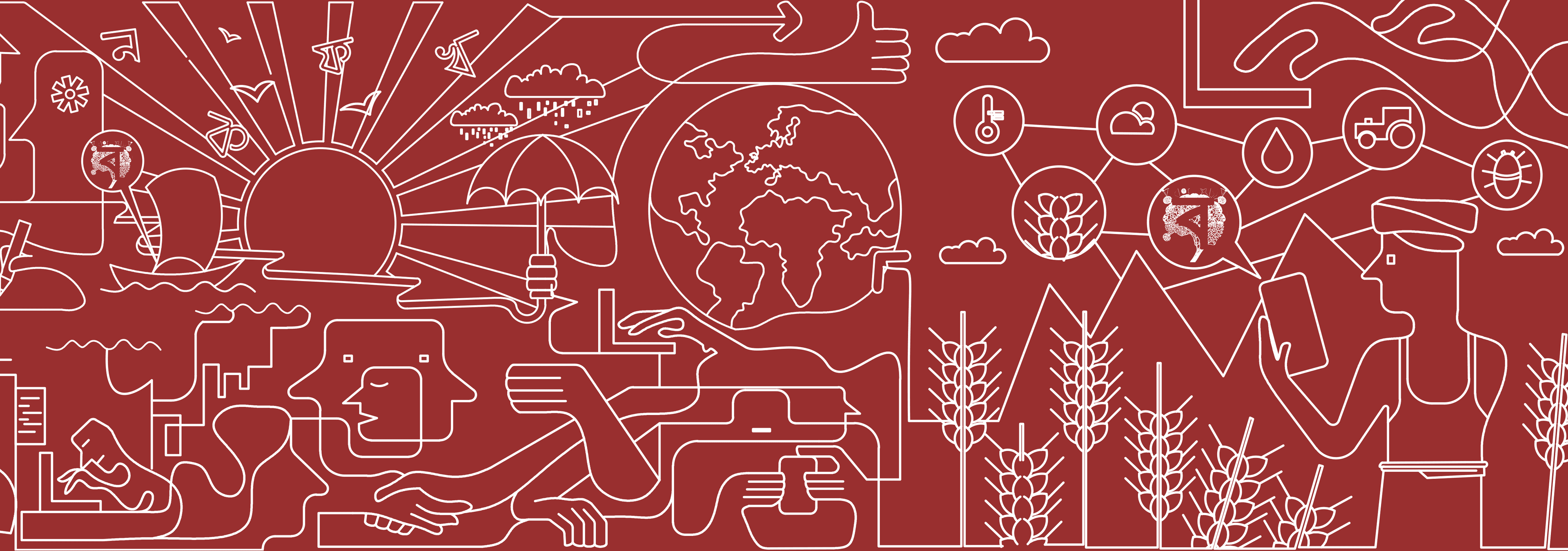Our Mission
Putting Bengali Language Research on the map
Bangla (বাংলা) has a rich heritage of literature that dates back to almost a thousand years. Even with a huge number of native speakers, Bengali is lagging behind in Natural Language Processing (NLP). From government services to education, from agriculture to healthcare, Bengali-NLP research would make lives easier for everyone.

Recent Works
Check out our latest works
We are working on a variety of projects to advance AI research in Bengali language and computer vision.
Computer Vision
Computer Vision in Bengali
Today, computers are smart enough to analyze an image and return information on the visual content. With Computer Vision, we can
- Detect printed or handwritten text in images:
- Extract text from documents, signs, and handwritten notes with high accuracy.
- Detect and Recognize Objects:
- Identify multiple objects, their locations, and classifications within any image.
- Recognize Celebrities or Landmarks:
- Identify famous personalities and historical landmarks from images with precision.
- Describe images with meaningful sentences:
- Generate natural language descriptions explaining the content of any image.

The caption for this picture would be:
"একজন সানগ্লাস পরিহিত পুরুষ রিক্সা চালাচ্ছেন"
News
Recent News
Take a look at the latest news and updates of our recent achievements.
Collaboration
Contributions by you are an essential part of Bengali.Ai!
If you have data that can help any type of research concerning Bangladesh, we would love to host it for you!! Data can help people stop criminals and even predict diseases. Then again if we want to predict diseases in Bangladesh, we will need data from Bangladesh. By open sourcing your data, you are helping build a community who contribute to applications that empower and motivate lives. Want to be a part of us? Join our team and help build this community!
